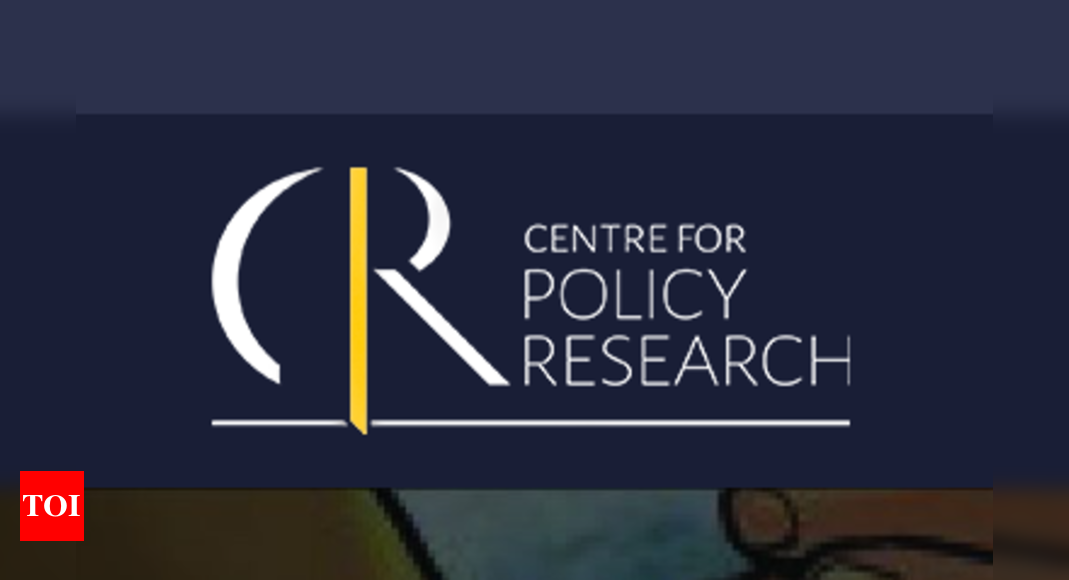
The Indian government has suspended the Foreign Contribution Regulation Act (FCRA) license of a think-tank called the Centre for Policy Research (CPR). This move has raised concerns about the freedom of expression and the government’s ability to control the narrative.
The FCRA is a law that regulates the acceptance and use of foreign funds by non-profit organizations in India. It was enacted to ensure that such funds are not used for activities that could be detrimental to national security or public interest.
Under the FCRA, non-profits are required to obtain a license from the government before accepting foreign contributions.
The CPR’s license suspension has been attributed to the organization’s alleged violation of the FCRA norms. The think-tank is accused of receiving foreign funds without proper disclosure, and using them for activities that were not covered by the license.
This move by the government has been criticized by several civil society groups and think-tanks, who have called it an attack on the freedom of expression and a way to curb dissent.
The CPR is known for its research on issues related to democracy, governance, and public policy, and its work has been widely cited by policymakers and journalists.
The government’s move to suspend the CPR’s FCRA license has also raised concerns about the government’s ability to control the narrative and shape public opinion. Many have pointed out that the government’s actions are part of a broader trend of curbing dissent and stifling free speech in the country.
Overall, the suspension of the CPR’s FCRA license highlights the complex relationship between non-profit organizations, foreign funding, and government regulation in India. It also raises important questions about the role of civil society in shaping public policy and the government’s responsibility to protect the rights of citizens.




















